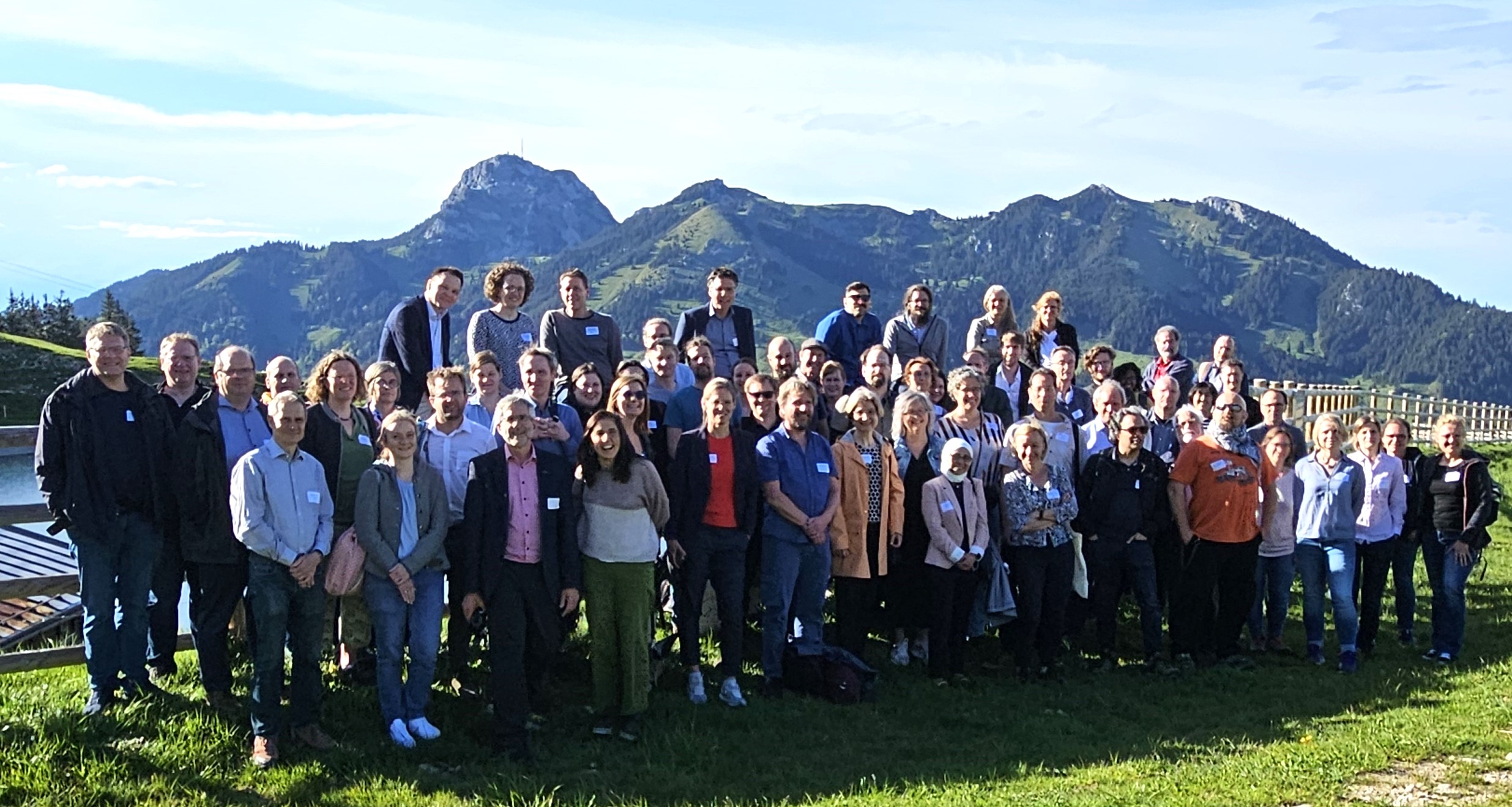Proceedings and videos of keynotes The conference proceedings and recorded keynote videos from the 12th…
UCL’s Integrated Engineering Programme recognised as world leader in MIT report
UCL Engineering’s Integrated Engineering Programme (IEP) – an innovative teaching framework embedded across eight different engineering disciplines, and taught by a total of ten UCL Engineering Departments – is cited as an ‘emerging engineering education leader’ in a new MIT-commissioned report.
‘The global state of the art in engineering education’ by Dr Ruth Graham interviewed 50 thought leaders in the field, with UCL Engineering appearing as one of the top ten cited current engineering leaders, as well as the third most cited emerging leader.
Being recognised in Graham’s report is another welcome accolade for the IEP, which was awarded Advance HE (formerly the Higher Education Academy)’s Collaborative Award for Teaching Excellence in 2017.
Whilst UCL’s impressive engineering heritage and standing as one of the world’s leading research institutions accounts for the current leader reputation, the emerging leader appraisal by peers from across the globe reflects the ground-breaking nature of the IEP. Described in the report as offering a “world-class model” for other engineering education providers, the scale of the IEP was commended by interviewees, who acknowledge the significance of such investment in undergraduate education by a university of UCL’s stature.
Developed from a realisation that employers were demanding teamwork, communication and technical skills alongside practical and interdisciplinary experience, c. 900 students – almost the entire UCL Engineering undergraduate intake – begin the IEP each academic year. Differences to traditional engineering programmes include an emphasis on interdisciplinarity, a focus on the aforementioned ‘soft skills’ of communication and teamwork, and the requirement to study an IEP Minor subject (three related modules on areas ranging from Modern Foreign Languages to Programming). Students also regularly put their theoretical knowledge and technical skills into practice via problem-based learning tasks.
IEP Director Emanuela Tilley noted that the report’s focus on the IEP ” … is testament to just how differently undergraduate engineering is being taught at UCL – and how much our peers are paying attention. Through flagship IEP elements such as How to Change the World (an interdisciplinary, intensive two-week project based around various UN Sustainablility Goals for second years and led by our UCL STEaPP colleagues), a thread of successive problem-based learning activities, and the opportunity to study a different subject area in-depth via the IEP Minor modules, the Integrated Engineering Programme encourages our students to think creatively, collaboratively and with conscience.”
With Graham’s report anticipating a widespread move towards a “socially-relevant and outward-facing [future] engineering curricula”, the social context of engineering already forms a vital part of the IEP. As Emanuela explains, “at UCL Engineering, we trust our students from day one, encouraging them to think and learn differently in the hope and expectation that they will go on to change the world. The global recognition that the IEP is now receiving is welcome evidence that we are heading in the right direction.”
Professor John Mitchell, former IEP Director and UCL Engineering Vice Dean Education, stressed how the MIT report is a fitting testament to “all the hard work put into the IEP by its huge, inter-departmental UCL Engineering team … As the report recognises, the IEP stands out as a model that can be implemented in an established, research-intensive university to enhance the experience of engineering students.”
To read Dr Graham’s report, visit http://neet.mit.edu/wp-content/uploads/2018/03/MIT_NEET_GlobalStateEngineeringEducation2018.pdf
To find out more about UCL Engineering’s Integrated Engineering programme, visit http://www.engineering.ucl.ac.uk/integrated-engineering/programme-structure/
